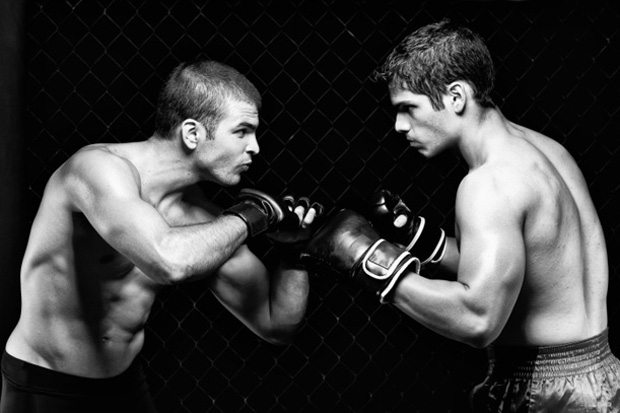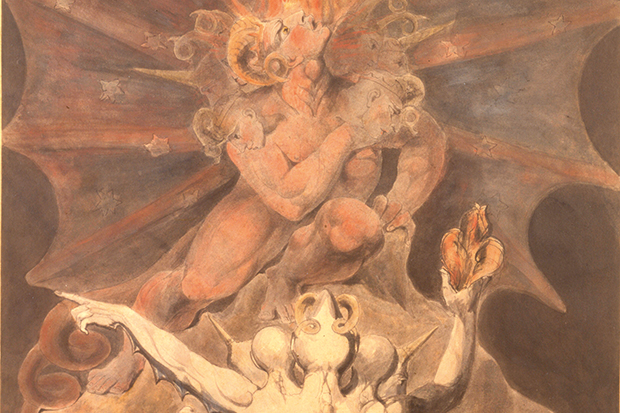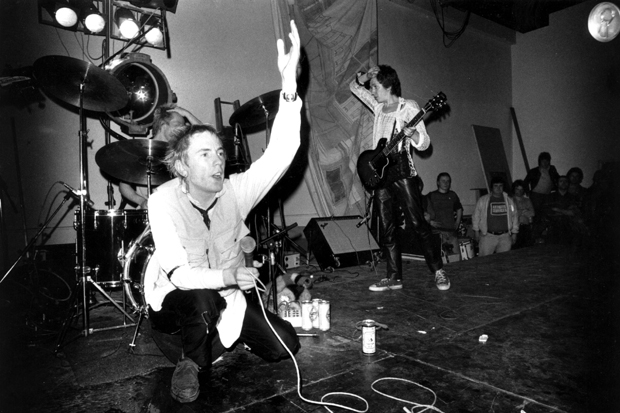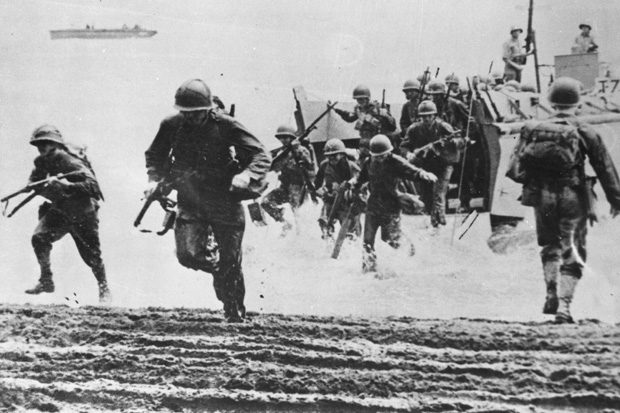This is the best book you’ll ever read about mixed martial arts fighting; and this will still be the case even if it’s not the first book you’ve ever read about mixed martial arts fighting. Kerry Howley’s debut is a riotously entertaining and piercingly perceptive account of the contrasting lives and dreams of a pair of Iowa-based fighters whose battles in the ‘Octagon’ become the vehicle for a philosophical treatise on the nature of glory.
One of these fighters, Sean Huffman, is a journeyman; the other, Erik Koch, has dreams of the big time which, in this instance, means Las Vegas. Huffman, by contrast, makes do with dingy fights in hotel function rooms in a succession of no-name Iowa towns. Koch has an entourage; Howley is Huffman’s entourage or, as she puts it, she becomes his ‘spacetaker’. She tracks her fighters’ dreams and disappointments assiduously and her writing is as lithe and punchy as her subjects are in the Octagon.
The story is narrated through the eyes of ‘Kit’, a fictional philosophy student at the University of Iowa. This device allows for an arch measure of distance to be created, separating the author from her subjects. It is the kind of ploy that has dismayed some of Howley’s prissier American reviewers. How can you trust a non-fiction book written by a fictional narrator?
This, it seems to me, misses the point — which is that all narratives are but one version of a truth as viewed from one particular perspective. All non-fictions of this type are reliably unreliable. Another version of Huffman and Koch’s stories, told at another time or from another angle, would necessarily be different and just as true.
In any case, the fighters are only part of the story. This is a book about fandom too. As such, the preciousness of Kit’s obsessive need to be a fan merits a measure of satire even as it’s also something to be taken deeply seriously. Howley’s writing is never less than ironic but at the same time sensibly earnest. Sport is both too ridiculous and too important to be left to sportsmen.
Fighting, in all its forms, is the simplest and perhaps most ancient form of sport. The essence of sport is the quest for the sublime. It is not about winning and losing so much as it is about glory, and glory comes in many guises. Like Kit, searching for phenomenological ecstasy, we crave visceral sensation. And like Thrown’s narrator we claim ownership of our heroes. We may not be in their dressing room as she is, but they are our fighters, no one else’s, and their triumphs and disasters are ours too.
This, as much as anything else, helps explain why fighting, like cycling, occasions so much fine writing. The protagonists have a monkish quality and their suffering is understood as the price to be paid for the audience’s own collective sins. The pain is ennobling, and without suffering the exercise becomes something close to being dangerously flippant, even pointless.
And yet there is betrayal too. We may never love heroes as deeply as those we first encounter, but we still leave those initial champions behind. They become old and washed-up and even as we warm ourselves with the memories of the good times we enjoyed together we move seamlessly on to the next generation of would-be champions, abandoning, with barely a hint of regret, those with whom we first fell in love. This too is as brutal as anything in the Octagon. The age of heroes — and heroism — never ends.
Got something to add? Join the discussion and comment below.
Get 10 issues for just $10
Subscribe to The Spectator Australia today for the next 10 magazine issues, plus full online access, for just $10.
Available from the Spectator Bookshop, £12.99, Tel: 08430 600033
You might disagree with half of it, but you’ll enjoy reading all of it. Try your first month for free, then just $2 a week for the remainder of your first year.















Comments
Don't miss out
Join the conversation with other Spectator Australia readers. Subscribe to leave a comment.
SUBSCRIBEAlready a subscriber? Log in